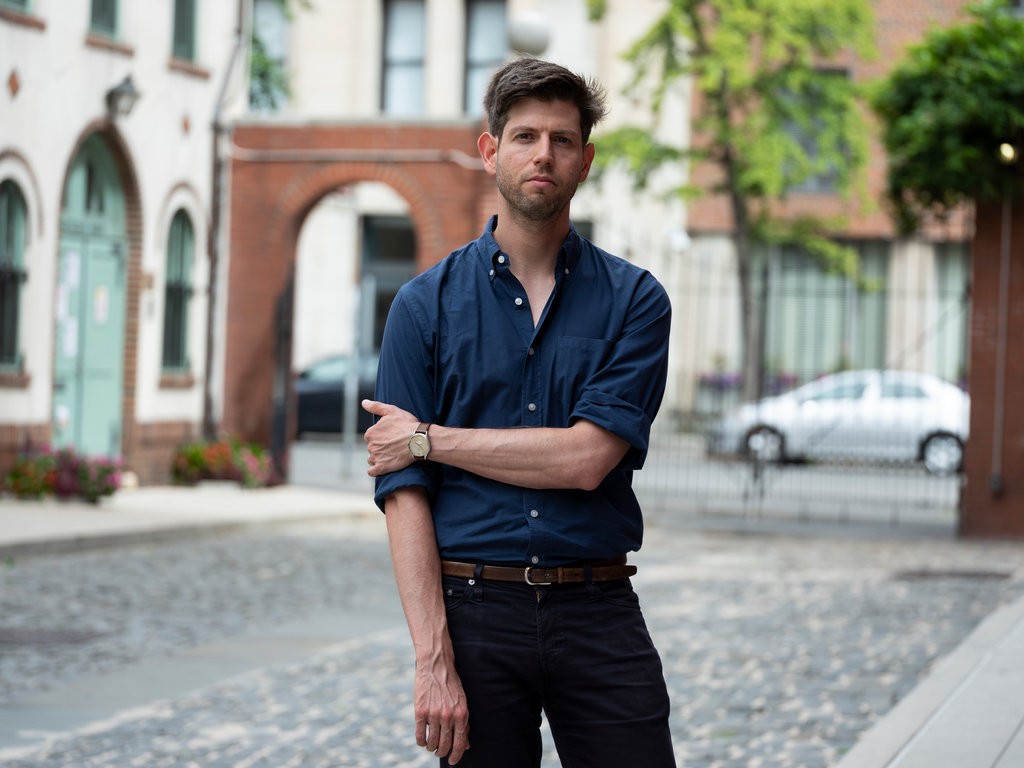It’s a plot twist: A woman in a place of power, sexually assaulting a man who was in no position to say no and felt violated, much like women who identify with the #MeToo movement.
In this case, it was a female Professor of German and Comparative Literature at New York University, Avital Ronnel who was accused and finally found guilty of sexually harassing one of her former male students, Nimrod Reitman.
Following an 11-month investigation, Ronnel was suspended for the upcoming academic year.
The case received a lot of attention from feminists and supporters of the #MeToo movement who accused Reitman of a malicious campaign against Ronnel
READ: Meet Woman Who Makes N300,000 a Month From Uber
Judith Butler, the author of the book “Gender Trouble” was one of the first to come to Ronnel’s defence, “Although we have no access to the confidential dossier, we have all worked for many years in close proximity to Professor Ronell,” said a letter by a group of female professors which was published a philosophy blog in June. “We have all seen her relationship with students, and some of us know the individual who has waged this malicious campaign against her.”
Many who saw this letter said it felt reminiscent of the defences put up for male predators during the height of the #MeToo movement.
The letter continued, “We testify to the grace, the keen wit, and the intellectual commitment of Professor Ronell and ask that she be accorded the dignity rightly deserved by someone of her international standing and reputation,”
Ronnel is a lesbian, meanwhile, Reitman is gay
The 66-year-old professor on her part said that Reitman was complicit in her advances saying; “Our communications — which Reitman now claims constituted sexual harassment — were between two adults, a gay man and a queer woman, who share an Israeli heritage, as well as a penchant for florid and campy communications arising from our common academic backgrounds and sensibilities,”
She added: “These communications were repeatedly invited, responded to and encouraged by him over a period of three years.”
Reitman, on his part, said that he was in no position to say no and that the encounters usually left him feeling bad
He also said that he never planned to become prominent in the #MeToo conversation. “It didn’t come from #MeToo,” he said, stating that his accusation of Ronnel came before the movement became prominent.




 Premier League
Premier League